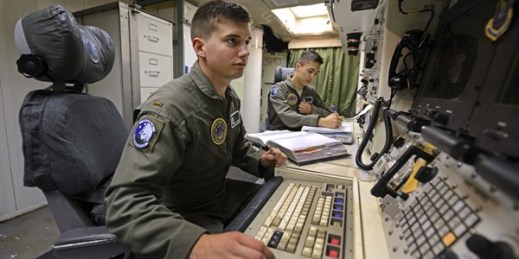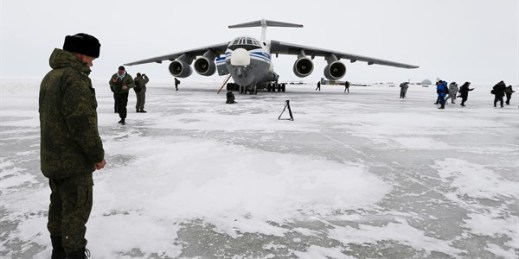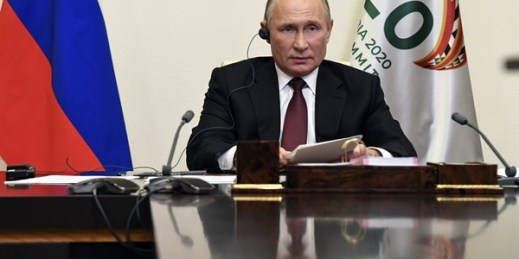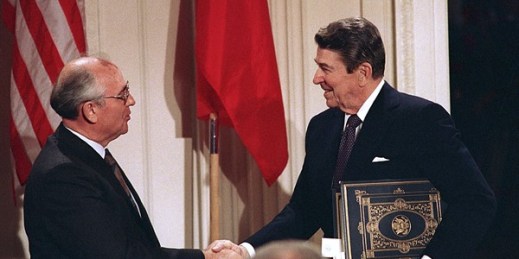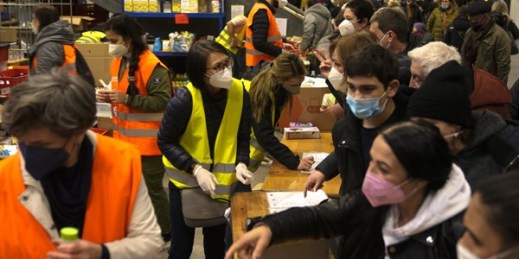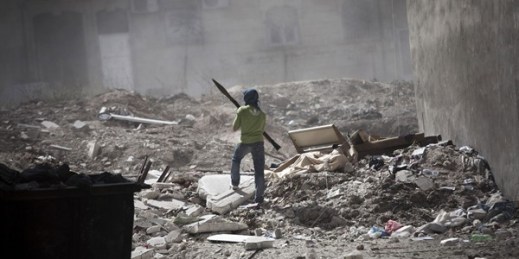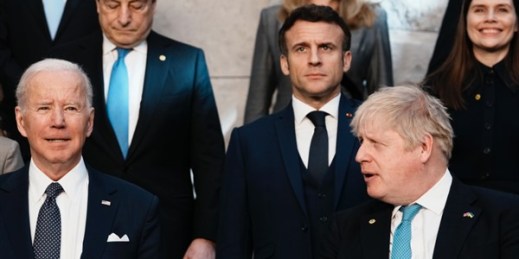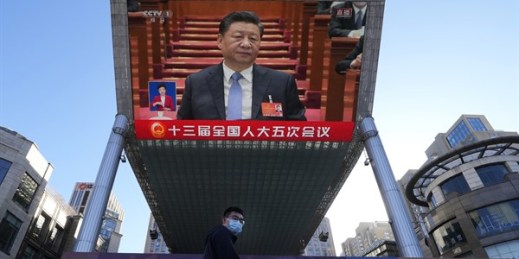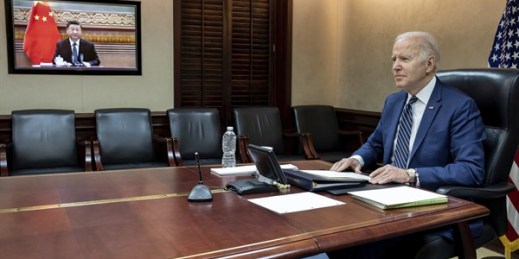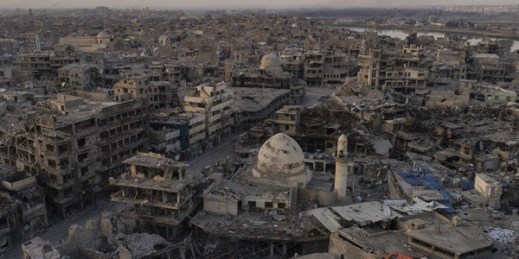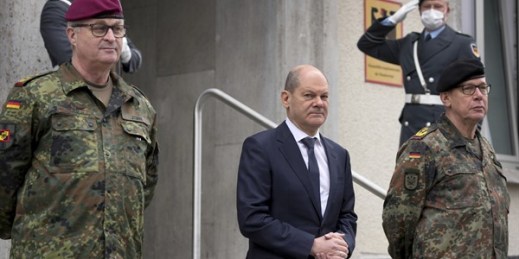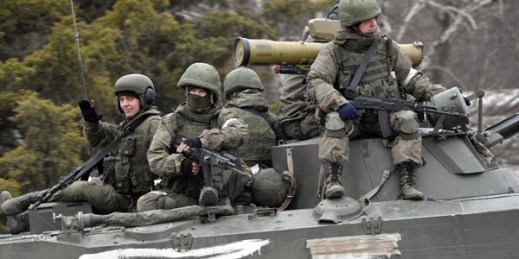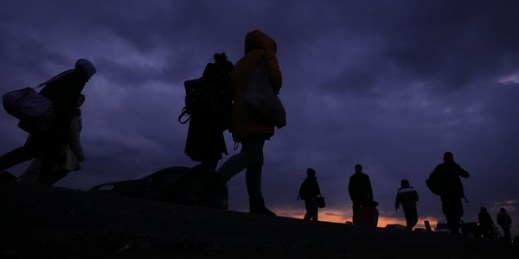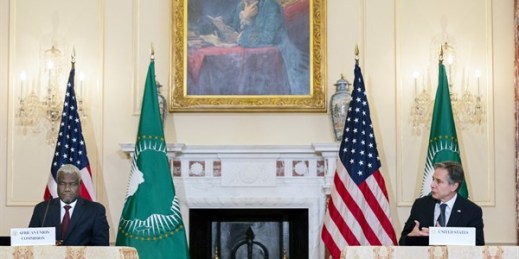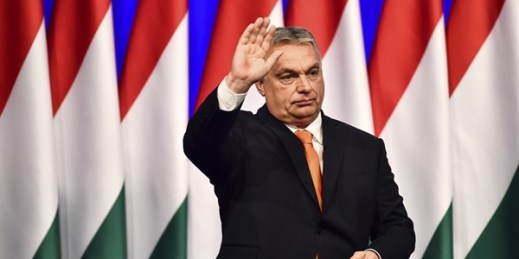
Many observers in Brussels will be keeping a close eye on this Sunday’s general election in Hungary for an early indication of how much European far right leaders’ ties to Russian President Vladimir Putin could affect their domestic political fortunes. But they are under no illusion about the seemingly united opposition’s slim odds of wresting power from Hungarian Prime Minister Viktor Orban, who has manipulated the political landscape and electoral process to his benefit. After 12 years of playing themselves off against each other, Hungary’s six opposition parties have united behind a single candidate in this election for the first […]

